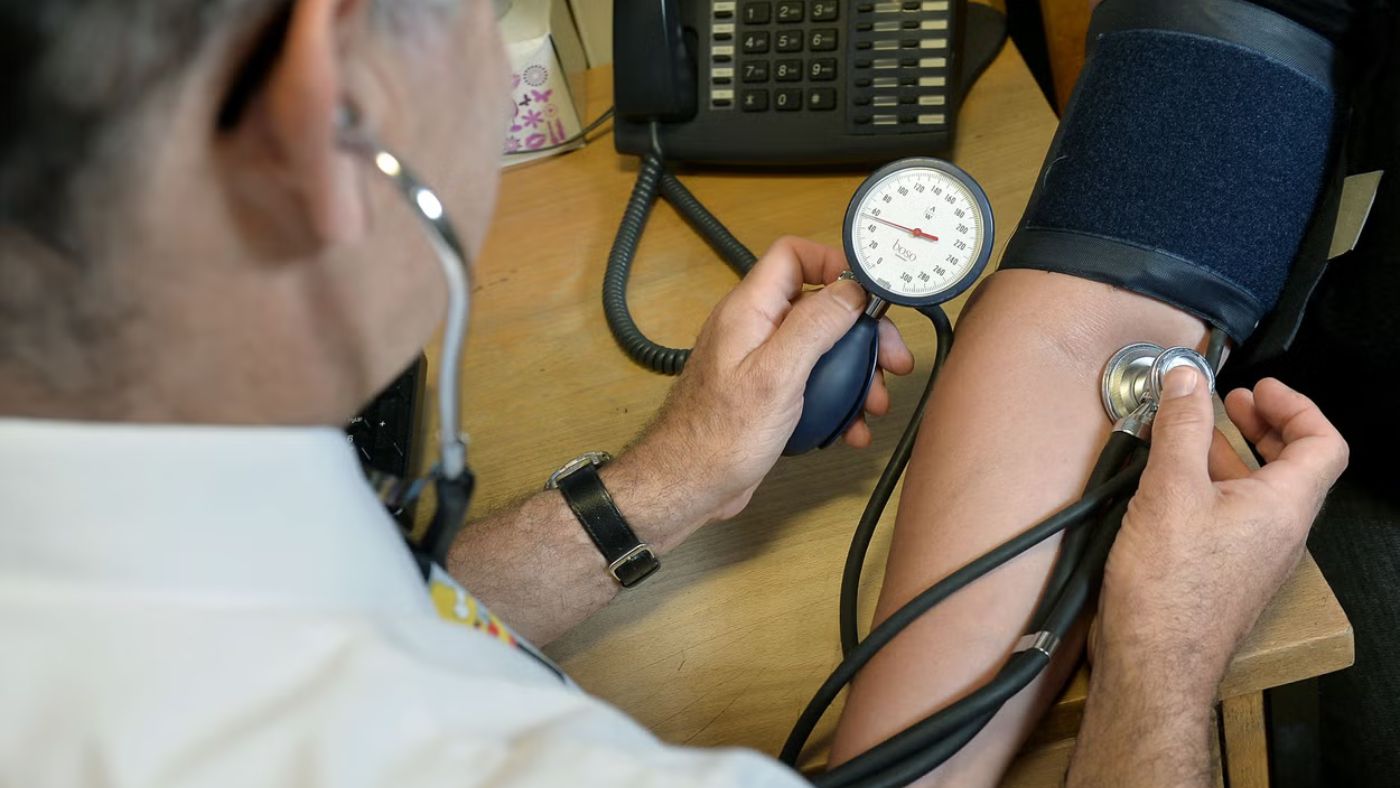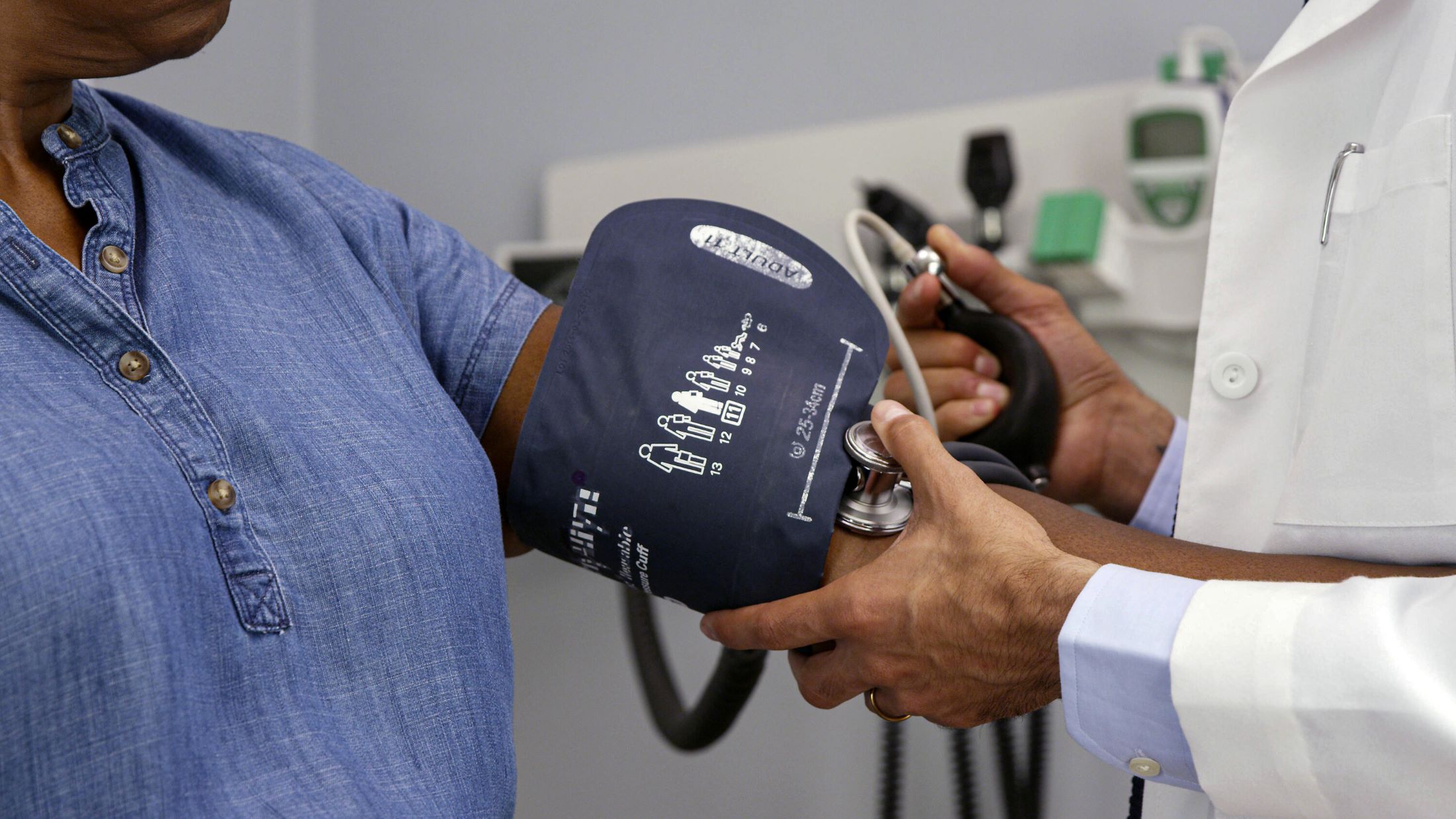February is recognized as American Heart Month, a time when the National Heart, Lung, and Blood Institute highlights that heart disease remains the leading cause of death in the United States.
“Heart disease doesn’t discriminate,” emphasized Diana Fairburn, Exercise Physiologist at Enloe Medical Center.
Fairburn pointed out that men and women may experience different symptoms of cardiovascular disease.
Men typically report more traditional symptoms such as chest pain, shortness of breath, and tingling in the left arm. In contrast, women often experience different symptoms, including jaw pain, back pain, dizziness, sweating, and indigestion.
She noted that women often tend to ignore these symptoms until it’s too late.
“Women ignore their symptoms more than men do, and that’s kind of surprising. For women, we push through and keep going through with our day, and our symptoms are a little bit different than males,” Fairburn said.
Discussing the causes of heart disease, Fairburn highlighted a concerning trend: the age of patients diagnosed is decreasing.
“In Cardiac Rehab, we’re actually starting to see a lot more patients in their 30s and 40s, some patients even in their 20s too.
With that, we’re seeing more genetic issues among them, but the most common age range for patients with cardiovascular disease is 60 to 65 and older,” Fairburn explained.

She listed several causes of heart disease, including high blood pressure, high cholesterol, obesity, unhealthy diet, physical inactivity, smoking, exposure to second-hand smoke, and genetic predisposition.
“Once you’re diagnosed with cardiovascular disease, you have it for life, but you are able to manage it and potentially prevent a future event,” Fairburn emphasized.
Fairburn provided actionable steps to minimize the risk of cardiovascular disease:
- Eating a balanced diet.
- Being physically active.
- Maintaining a healthy weight.
- Quitting smoking.
- Reducing alcohol intake.
- Managing blood pressure.
Fairburn stressed the importance of seeking immediate medical attention if experiencing any abnormal symptoms.
“If you are experiencing shortness of breath, chest pain, or any symptoms that are feeling out of the ordinary for you, immediately call 911 or go to the emergency room.”
